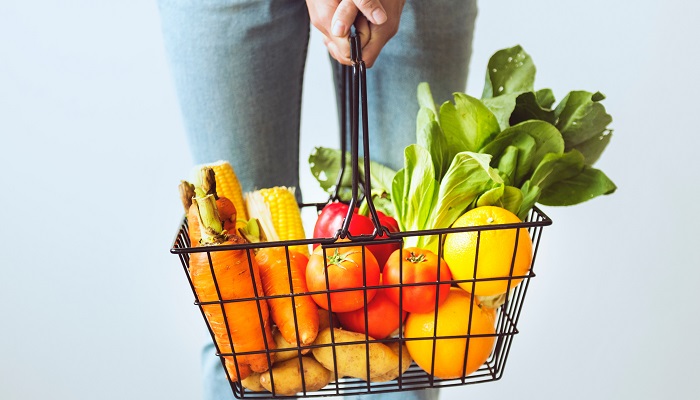Kazakhstan farmers are increasingly interested in the opportunities that the transition from traditional to organic agriculture opens up for them. The main advantage of refusing to use agrochemistry is the higher cost of “clean” products. However, in order for this money to reach the manufacturer in full, and not remain with the intermediary, you should try to sell finished products, not raw materials
The first international conference “Kazakhstan – Lithuania: Organic Foods. Principles and Trends ”was held in early July in Vilnius. With the support of the RK MIID , UNDP, NCE RK Atameken, representatives of the Union of Organic Producers of Kazakhstan and farmers from different regions came to the capital of the Baltic state. In addition to conversations with experts about the nuances of certification, marketing and agricultural technologies, the forum participants visited an organic farm and a factory for the production of sterilized organic soups Gribay.lv. The main conclusion from what they heard and saw was that it was necessary not only to expand the area under ecologically clean farming (now there are about 280 thousand ha in Kazakhstan), but also to start processing the cultivated agricultural products. It was this path that allowed Lithuania to occupy its niche in the organic market of Europe.
An example of the joint efforts of farmers is important – said Arsen Kerimbekov, head of the Union of Organic Producers of Kazakhstan. – Selling in large quantities is profitable – this is an axiom. This way transport costs are reduced, so the buyer pays a higher price. In Kazakhstan, for some reason, the peasants do not yet want to unite their efforts, everyone is sitting on his own farm and trying to solve problems independently. This is wrong, and the Lithuanian example shows how you can move together in the right direction.
But there are difficulties common to Lithuania and Kazakhstan. The fact is that both countries have a small population of their own. This limits domestic consumption and does not rely solely on the domestic market. That is, manufacturers must necessarily focus on exports. And to compete in the foreign market is always more difficult, because you need to solve a lot of issues – logistics, marketing and so on.
In addition, in Europe it is clearly distributed which crops which country grows. And it’s hard to get in there, even in the general market. The window of opportunity for Lithuania was given precisely on the organic side, offering good subsidies. And this allowed to give impetus to the promising sector. Moreover, this coincided with national interests in preserving the ecology.
In Kazakhstan, in comparison with the neighbors, productivity is lower, – said Arsen Kerimbekov. – That is, our grain production is expensive. Logistics is very lame: main markets are far away, seaports are far away, rail transportation is constantly facing problems. Therefore, there is only one way out – to go into quality. There is also an advantage: in comparison with its neighbors, Kazakhstan has cleaner lands. Therefore, the transition to organics is quite easy. And organics is a more expensive product, which, due to the price premium, will compensate for logistics costs. So today we have every chance to occupy this niche. We need to focus on the development of this sector.

